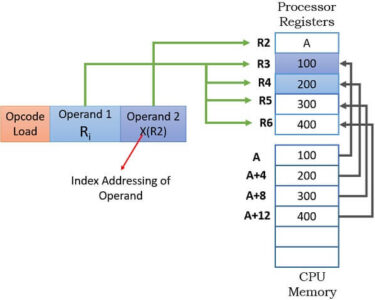SMS Fraud for Bank Account Login Security Code Confirmation
SMS fraud, also known as smishing, is a type of cybercrime that involves sending fraudulent text messages to trick victims into revealing sensitive information or clicking on malicious links. One common form of SMS fraud is targeting bank account login security codes.
How It Works
When you log into your bank account online or through a mobile app, you are often required to enter a one-time security code sent to your mobile phone via SMS. This code is intended to add an extra layer of security by preventing unauthorized access to your account.
However, fraudsters may attempt to intercept this security code by sending you a fake text message that appears to be from your bank. They may use phishing techniques to trick you into clicking on a link that downloads malware onto your phone or directs you to a fraudulent website where they can steal your code.
Consequences
If a fraudster gains access to your security code, they can:
- Log into your bank account without your knowledge
- Transfer funds or make unauthorized transactions
- Change your account details or set up new accounts
Prevention
To protect yourself from SMS fraud, follow these tips:
- Be cautious of unsolicited text messages. Do not click on links or open attachments from numbers you do not recognize.
- Verify the sender. If you receive a text message that appears to be from your bank, call the official customer service number listed on their website to confirm its authenticity.
- Enable two-factor authentication (2FA) for your bank account. This requires you to provide an additional form of authentication, such as a biometric scan or security key, when logging in.
- Keep your phone’s software and antivirus protection up to date. Security updates patch vulnerabilities that fraudsters can exploit.
- Report suspicious activity. If you suspect you have been targeted by SMS fraud, contact your bank immediately and file a police report.
Warning Signs
Be aware of these warning signs that a text message may be fraudulent:
- Urgent or threatening language. Fraudsters may try to create a sense of urgency to pressure you into taking action.
- Poor grammar or spelling. Legitimate text messages from banks should be well-written and free of errors.
- Suspicious links. Never click on links in text messages from unknown senders.
- Requests for personal information. Banks will not ask for sensitive information via text message.
By following these precautions and staying vigilant, you can help protect your bank account from SMS fraud.


